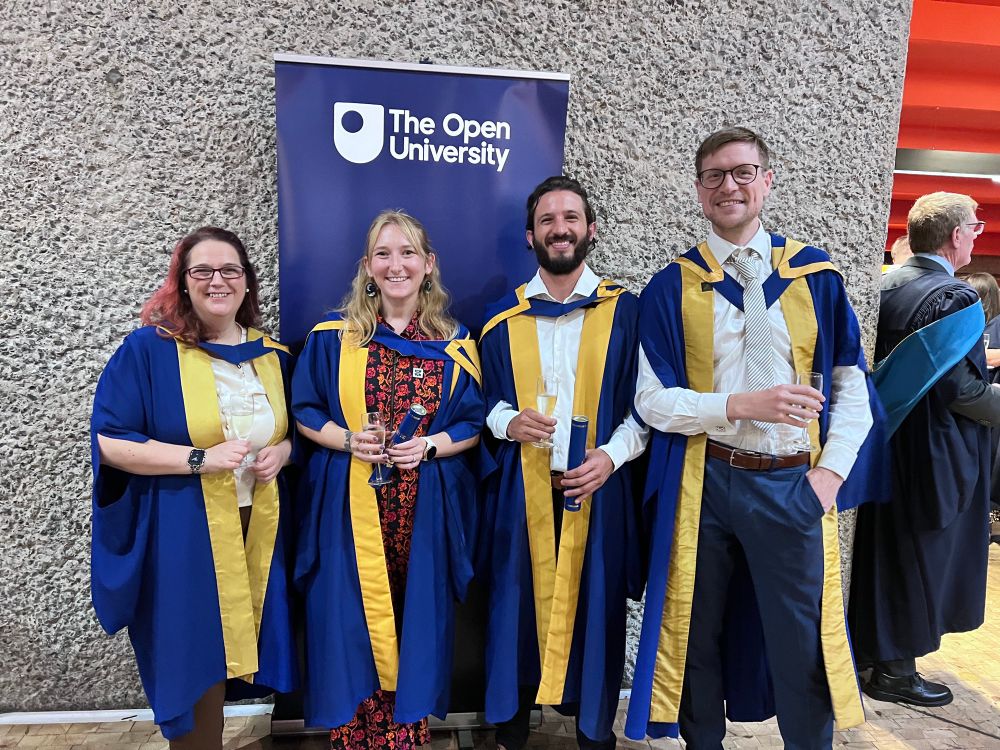AstrobiologyOU
@astrobiologyou.bsky.social
91 followers
45 following
51 posts
The Open University's very own Astrobiology research group, addressing the scientific, governance and ethical challenges associated with astrobiology.
www.open.ac.uk/AstrobiologyOU
Posts
Media
Videos
Starter Packs

























